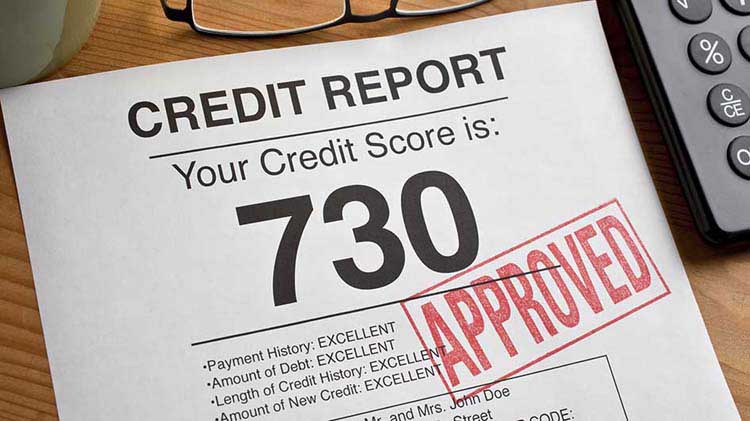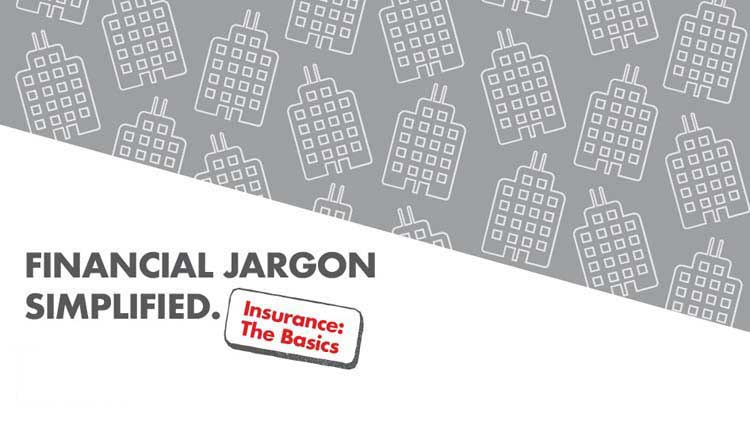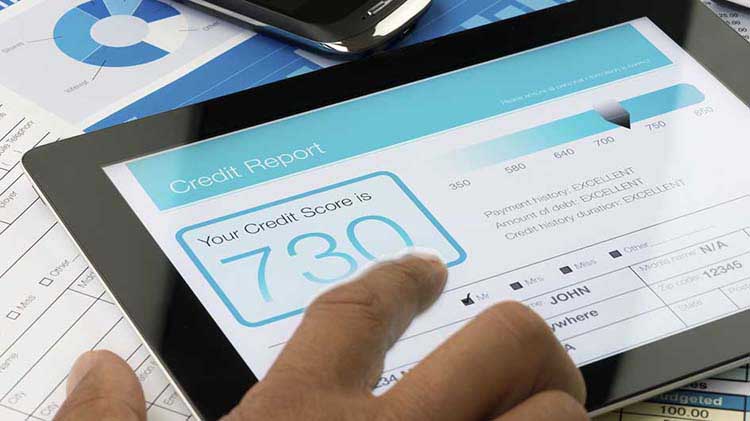Transcript
(Chapter 5 Begins)
00:23:24 TONYA: Okay, so for our last section, we’re going to cover credit. Credit factors and action steps for freelancers because you need credit as a freelancer. You need credit, period.
00:23:37 JOHN: The credit score is the thing that we often hear about. That’s the number, 300 to 850, the higher the better. And then your credit report is a whole different thing. So those are two separate things. Your credit report, that’s like your transcript of all the classes you took in school, where your credit score is like your final GPA, basically. So everything that’s on the report is what dictates that score. Those factors that we had just covered, that’s all the stuff you’re going to see on your credit report, and that’s what informs what that credit score is going to be.
00:24:05 TONYA: The way your credit score is factored doesn’t change, right, as a freelancer?
00:24:07 JOHN: Yeah. So there’s basically five factors that go into your credit score and they’re all weighted a little bit differently. And nothing’s going to blow your mind here. A lot of it’s going to make sense. But like 35 percent of your credit score is simply do you pay your bills on time? Thirty percent of your credit score is what we call a credit utilization ratio. That’s just a fancy way of saying are you maxed out on your credit cards. Basically your debt to credit. Ideally, you want to be using less than 30 percent of what your available credit lines are. So right there, paying your bills on time and not being too maxed out, that’s 65 percent of what goes into your credit score.
The last three aren’t completely in our control, so they’re not worth as much. Fifteen percent of your credit score is your length of credit history. You want that the longer, the better. Ten percent of your credit score is your credit mix. We look at credit in two types of buckets; revolving credit, which is like your credit cards. You can use them, pay them off, use them. Installment credit, which that’s like a car loan, a home loan. There’s a certain number of installments and then it’s paid off. Ideally, you have a little bit of both. And then the last part, the last part is also ten percent, and that’s what we call credit inquiries, which is basically people looking into your credit. If you want to get a loan, if you want to buy a home, get a new credit card, a lot of times that’s going to be what’s called a hard hit. It is going to be a little ding on your credit. Again, only ten percent of your overall score. And then there’s also what they call a soft hit, which doesn’t hurt your credit score. That would be you looking into your own credit, pulling your own credit report, and a lot of times just think of that as junk mail. Any sort of preapproved things that you get in the mail, that’s going to be considered a soft hit. All of this is very important on a personal basis, but also as a freelancer, as you build your business, as you go out and maybe need to get credit or loans, that’s all going to be, obviously, very applicable to you.
00:25:59 TONYA: Yeah, and the great thing about credit is it’s not based on where you work or how much money you bring in. so as a freelancer, that doesn’t negatively impact your credit score. But the things that you do as a freelancer, say you don’t have that emergency fund and jobs are slow and if you miss a few payments on your credit cards, that could actually affect you as a freelancer. But I also wanted to point out that freelancers are more likely to take out small business loans or you might need to take out a loan to grow your business, once you realize I’m kind of tapped out. I’m ready to go to the next level, but I need a little more cash than I have available to me to grow this business. So then you might go apply for a loan and that’s when your credit really matters. Because then they’re going to look at, okay, so how do you spend your money in your personal life. How are you spending your money as a business owner, and can we trust you to pay us back and can we trust you to make that money back?
00:26:48 KRYSTAL: Especially when you talk about spending. When I think about credit cards and running your business with a credit card, one of the great things I think that’s a good tip is utilizing that credit card for those fixed types of bills. So that way you know this is like what my utility bill is usually, so utilizing that credit wisely and then pay it off, because you know it’s fixed. So you’re already prepared for that. That way that you’re growing your credit, you’re growing the responsibility of using it wisely, and that you will have that option set up, that limit if you want to, because you’ve been paying it on time. You know what these fixed bills are that you’re utilizing it for. I mean, that’s a great way to use a credit card when you’re running a business, especially as a freelancer. Those are healthy tips.
00:27:28 TONYA: Also cash flow, too. Say you have this invoicing software that you use and you haven’t gotten paid yet by a client. You need to make sure that you keep that invoicing software up to date and active. So you might want to put that on a credit card so that you can receive the payment, or so that you can pay your team and so forth, so things can continue to function. If you’re a freelancer, you might not have a team, but as you grow, you might start to bring on contractors, and you want to be able to pay them in a timely manner. Because you want to get your money in a timely manner, the people you owe want to get their money in a timely manner. And sometimes that credit card can help ease that cash flow.
00:27:56 JOHN: Another thing that everybody can do right now is go to AnnualCreditReport.com and check out what your credit report looks like. So your score’s not going to be on there, but you’ll see the report. You’ll see what everything is on there. You want to make sure everything is correct and accurate. And a lot of times nowadays, if you already have a credit card, you may have your score for free on that. If not, there’s a lot of third part websites out there that you can get your score for free. Bottom line, you should never pay for your score or for your report because you can get the report for free at AnnualCreditReport.com and there’s a lot of places for the free score, too.
00:28:30 TONYA: Yeah, definitely. And I just want to reiterate that as a freelancer, your credit is important, but if you’ve had those days, you know, I would love for everyone to have success in business and success in operating on their own, but things happen. And if you’ve fallen behind, the great thing about credit is that you can rebuild it. Let’s have a look at what we’ve learned.
(Music / Chapter 5 Ends with Key Takeaways slide)




